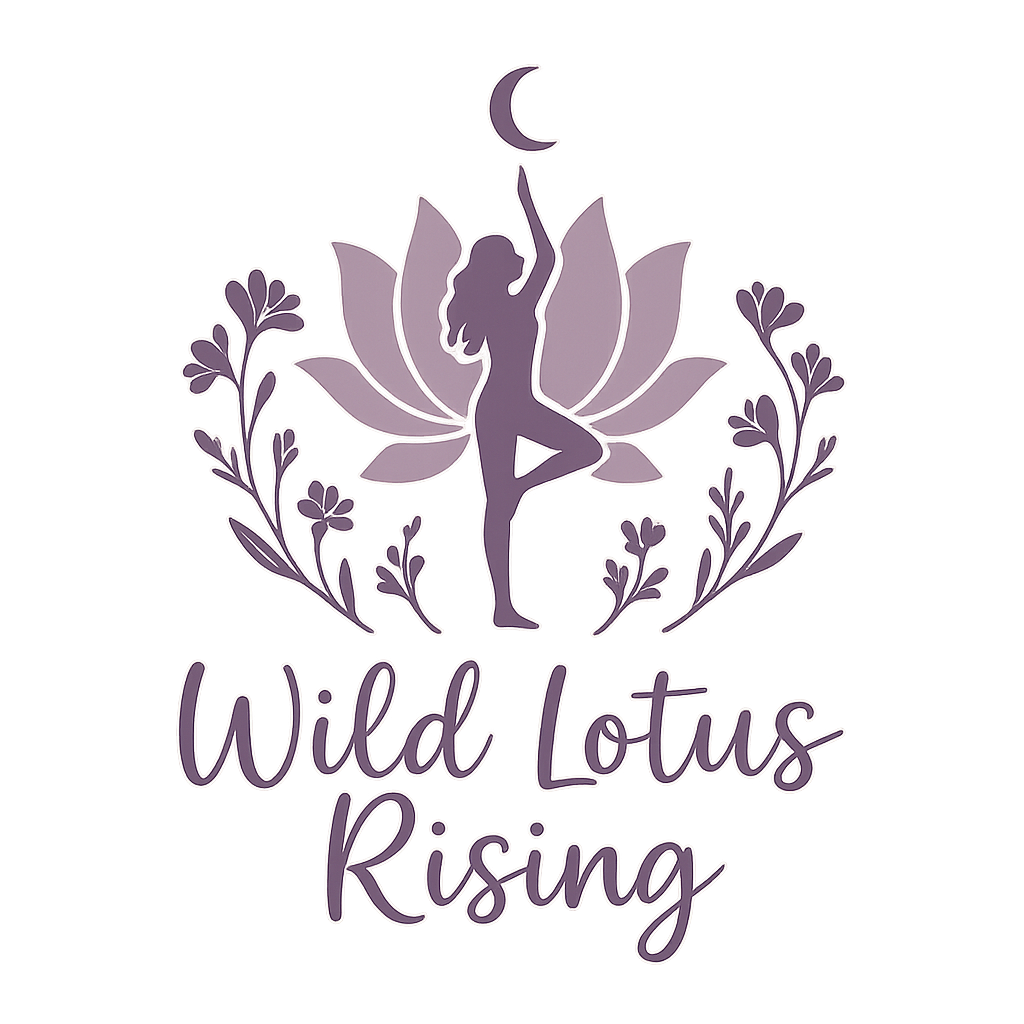Why true generosity isn’t about how much you give — but how freely you give it.
The Shift in My Understanding of Generosity
I used to think generosity had a lot to do with money.
Maybe it’s because that’s how most people used the word —
“He was so generous, he paid for everyone,”
“She donated a generous amount.”
But my understanding changed — not when I had more income —
but when I started working with the disabled.
There, I felt something I hadn’t in a long time: A kind of warmth that comes
from showing up, from being met with pure presence and open-hearted gratitude.
A space where love wasn’t earned. It just flowed.
That same fullness returned in my yoga classes.
Each time a student looked at me with real, wordless thankfulness, I felt rich.
Abundant in a way money has never made me feel.
That’s when I realised:
The more love I received, the more generous I became.
Not with money — but with presence, time, attention, and care.
I didn’t give because I had more.
I gave because I felt full.
What Shapes Our Ability to Give
Some of us are shaped by scarcity. By exhaustion, by inherited patterns of lack —
passed down like a worn-out heirloom.
So they hold tightly — not just to money, but to affection, to attention, to time.
Others are shaped by abundance — but not the kind that nourishes the soul.
They’re raised to believe their wealth speaks for them —
That money can replace humility, replace presence, even replace love.
Even generosity becomes transactional. A performance. A subtle show of power dressed as kindness.
But true giving isn’t a transaction. It’s not earned. It’s not deserved.
It’s a response to being human.
When Connection Becomes Compensation
I remember a Thai woman who offered food from a place of warmth and presence.
It was a quiet invitation into her world. But the city girl beside me, conditioned by capitalist norms,
responded with money — And in doing so, unknowingly shifted the entire energy.
What was sacred became service. What was connection became compensation.
This happens everywhere!
People begin to expect money for what was once freely given —
Because the original joy of sharing has been eroded.
The gesture. The smile. The silence held.
These were never meant to be priced. But they’ve been slowly replaced with mindless acts.
True Culture Is Disappearing
We now ask:
- Is it worth my time?
- Will I get something back?
- Will they notice?
Culture — the kind you find in villages, in shared thalis, in borrowed saris — doesn’t think like that.
It doesn’t invoice emotion. It doesn’t measure generosity.
But that culture is disappearing.
Not because people stopped caring —
But because capitalist conditioning taught them to calculate what was once instinctual and pure.
What We’ve Lost And Gained
We lost something sacred — and it shows.
It shows in the hollowness behind our achievements. In the exhaustion in our eyes.
In how awkward we become when someone gives without needing something in return.
We’ve replaced soul with strategy.
Presence with performance.
Giving… with giving in exchange for.
And the saddest part?
We think we’re protecting ourselves, what we’re really doing, is starving.
The Lie of Emptiness
We fear giving will empty us.
We think we don’t have enough — enough time, enough worth, enough energy — to give freely.
But what if true generosity doesn’t deplete us? What if it feeds us?
In many places I’ve travelled through, especially in villages —
I’ve seen people offer what little they had: A bowl of rice. A seat in the shade. A long, quiet gaze.
They didn’t give because they had much.
They gave because they were rooted — in community, in love, in human.
Is It Scarcity Mindset ?
Scarcity isn’t just about what’s in your wallet — It’s about what’s missing in your heart.
When we’re raised on a diet of never enough —
Never enough affection, celebration, presence.
We grow into adults who hoard.
Energy. Time. Attention. Love.
We start calculating everything:
- “Will this be worth it?”
- “Will I be seen for it?”
- “Will I get something back?”
But true generosity… she lives outside all of that.
She doesn’t ask for receipts. She doesn’t need applause.
She trusts there’s more where that came from. There Always Is.
Generosity Multiplies
The people who’ve loved me most didn’t always have much, but their hearts — oh, their hearts were vast.
My disabled friends.
My students.
The kind village women who smile with their eyes bright.
They gave with abandon.
And in their giving, I remembered:
Abundance is in spirit, in soul.
It’s enough-ness. It’s the kind of rooted fullness that spills over.
Ask yourself this:
- Am I generous with presence — not distracted, not rushing?
- Am I generous with forgiveness — or do I make people earn it?
- Am I generous with joy — or do I hold it back to feel safe?
- Am I generous with trust — or do I ration it like water in a drought?
Giving as a Way of Being
We weren’t always like this.
There was a time when giving was part of daily life — not a performance or a scheduled donation.
Now even generosity has been rebranded.
Philanthropy. Corporate Social Responsibility. “Impact initiatives.”
All dressed to benefit the giver.
But your body remembers a different way. Your soul does too.
It remembers the joy of a smile freely given. The nourishment of time offered with no clock ticking.
The intimacy of presence shared without pretending.
We are all wired for soulful giving.
To give without agenda, to give as a way of being, not as a means of proving worth —
That is the deepest kind of abundance.
And maybe the most radical gift we can offer the world is the reminder that
“LOVE was never meant to be SOLD.”
Reflection Questions
- Where have I made my giving transactional — and how can I soften it?
- Who receives my true generosity — and who have I withheld it from?
- What would it feel like to give with no narrative attached?
- How would my life change if I gave like the village women — with hands wide open, with my heart unguarded?


If this post touched your soul, let me know in the comments.